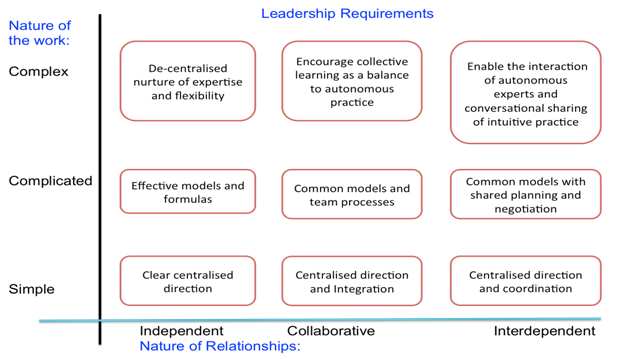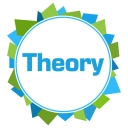Peter Drucker1 coined the name 'knowledge workers' to describe those whose effectiveness at work depends on the application of their knowledge.
According to author Thomas Davenport2: "Knowledge workers have high degrees of expertise, education, or experience, and the primary purpose of their jobs involves the creation, distribution or application of their knowledge."
On both these definitions, teachers are the ultimate 'Knowledge Workers' so there are some important hints for those who lead and manage them.
Renowned motivation researcher Edward L Deci, Business Writer Daniel Pink and Choice-Theory Founder Dr. William Glasser have all emphasized that knowledge workers are primarily motivated by their own internal drivers. And there is no mystery about what these drives or needs are:
- Autonomy,
- Achievement or Mastery,
- A clear sense of Purpose.
With these drives satisfied and harnessed in the workplace, knowledge workers will strive mightily to produce work of exceptional quality for their own satisfaction.
However, when they are constrained by their work context to follow the script, do work which provides no markers of personal achievement or for a purpose with which they are not engaged, and they will often respond by seeking other (less productive) ways of satisfying their needs for independence, power and tenacity.
It follows that attempts to enhance the learning and expertise of teachers using processes that neglect their thoughtful engagement with rationale, or attempt to 'cut' and paste' from thinking or research done in other heads, is likely to fail. Effective teaching depends on the teacher's ability to respond intuitively and creatively to the complexity of a classroom full of individuals. No 'one-size-fits-all' program will generate the deep knowledge and profound mental models that will usefully add to a teacher's repertoire of practice.
As Jim Knight3 avers, processes that are likely to lead to productive changes in teacher practice have to be clearly useful, allow teacher time and opportunity to do their own thinking and exploration, are built upon their previous repertoire of practice and initiated within a culture rich in trust and acceptance of individual autonomy.
The more that knowledge work depends on individual or collaborative expertise, the more are the expectations of responsible leadership clear. If expertise is the critical dimension it must be respected and nurtured through professional learning. If collaboration is crucial, either to performance or to learning, the leadership dynamic should focus on collaborative process.
Not all knowledge workers are the same
The following diagram (© Rob Stones of FutureShape Consulting) attempts to capture the leadership requirements that are most likely to be effective with knowledge workers in different roles.

Nature of work |
Nature of Relationships |
|---|---|
| Simple: | Composed of repetitive elements that can be reproduced without variation. Eg: Following a recipe or formula. |
| Complicated: | Consisting of many interconnecting part or elements that must be assembled or conducted in an effective order for a successful operation; Eg: Preparing a 3-course diner for 10 people. |
| Complex: | A process or practice that is not easily understood and that cannot be interpreted or carried out by following a formula, however intricate the formula; A system consisting of many moving parts or people, the actions of which may be unpredictable; Eg: Running a restaurant. |
| Systems that contain complexity: | Complex adaptive systems consist of multiple variables that are constantly in interaction. Each variable affects all of the other variables in the system and thus also affect the system itself. The interaction of the variables in the system produces an inherent potential for instability and inevitably some change over time. An expert teacher with a wide range of strategic options can most effectively harness the change potential of a complex adaptive system such as a classroom. |
The 'Law of Requisite Variety' tells us that 'in any system the part with the most flexibility will always control the system'. We can only enhance the effectiveness of knowledge workers by enhancing their autonomy and therefore their flexibility – never by insisting on compliance.
1 Peter F Drucker: 'The age of Discontinuity' 1969
2 Thomas H Davenport: 'Thinking for a Living' 2009 Harvard Business School Press.
3 Jim Knight: 'What can we do about teacher resistance?' Phi Delta Kappan March 2009.










